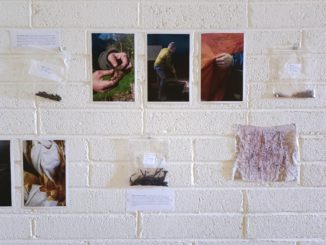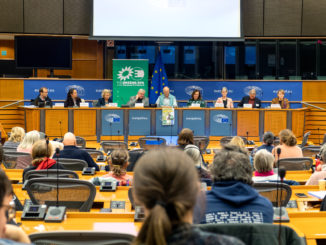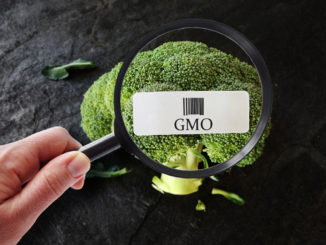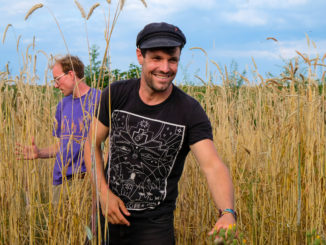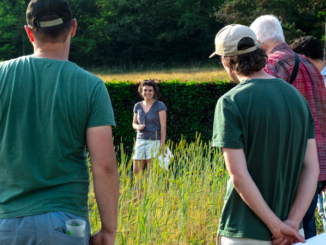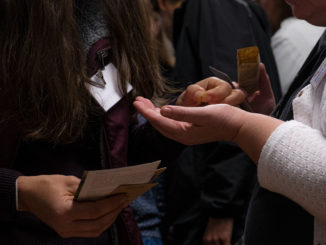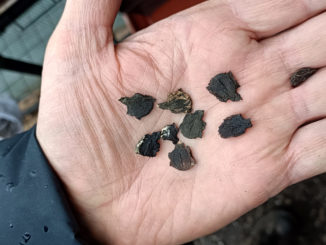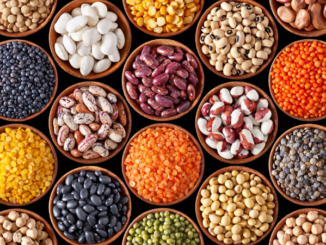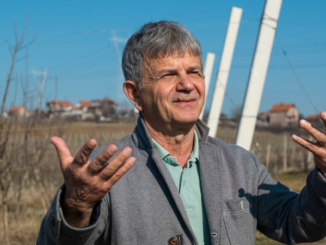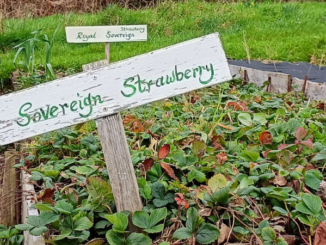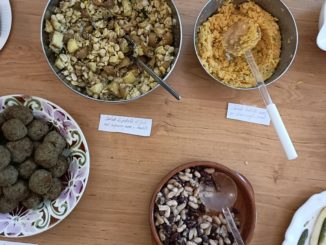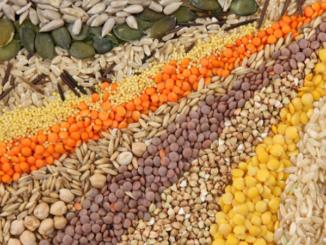Seeds are the very first input to be taken into account in order to achieve the food and agricultural transition towards systems that would better respect the planet and the people.
To date, and following more than sixty years of restrictive legislation on the marketing of seeds at the European level, a very limited number of “high-yielding” plant varieties and breeding materials are allowed to be placed on the market.
This situation has led to a growing dependence of farmers, market and amateur gardeners on the seed industry, threatening food security while causing a radical erosion of crop biodiversity in our fields and on our plates.




